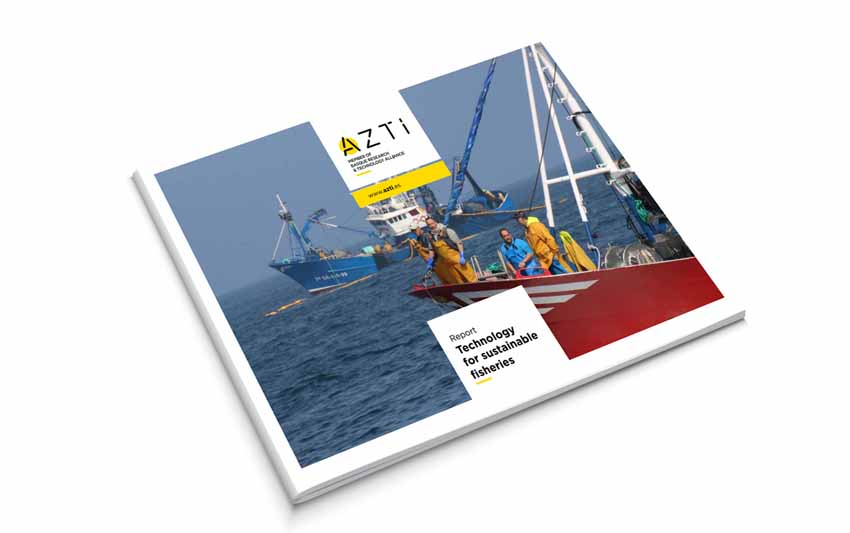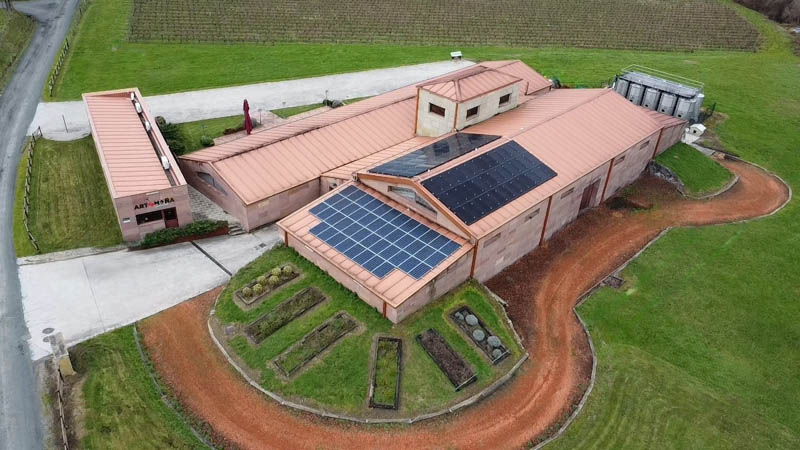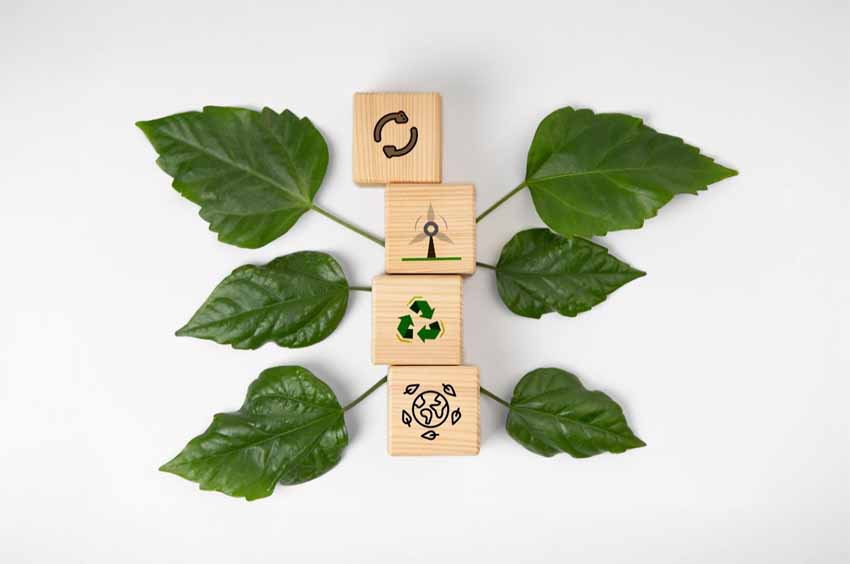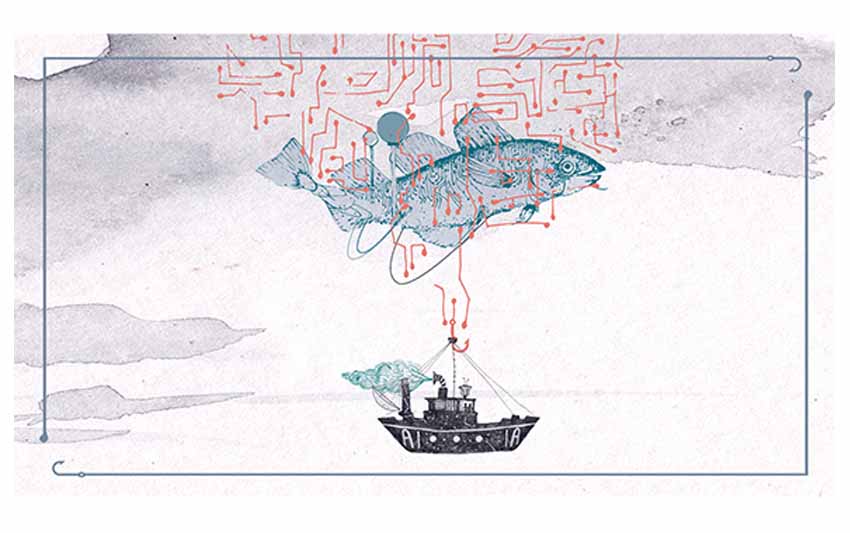The future of food: the answer lies in science
Últimas noticias
Digital Transformation of the Fishing Fleet: AZTI Explores the Future of the Industry with AI and Sustainable Solutions
The replica of the San Juan will set sail on a scientific mission thanks to an agreement between Albaola and AZTI.
Artomaña Txakoli Achieves the Best Enviroscore Category (A), as a Result of Its Environmental Commitment
By Carolina Najar, Food Market Value Director at AZTI
We have been in permanent transformation for some time now and the impacts we have in virtually all sectors come from global casuistry. Food is undoubtedly and has always been an essential sector. But it is becoming increasingly complex to respond to rapid population growth and to offer people a diverse diet, not only because of rising living standards but also because of changes in lifestyle choices. This context places us at the epicentre of a global food revolution, where efficiency in food production is crucial. We are all aware of the fact that projections suggest that by 2050 the world’s population will reach 10 billion, which will require a 70% increase in food production compared to current levels. One part of the world wastes and sometimes demonises food and on the other hand more than 780 million people according to the UN go hungry.
A fatalistic discourse but one that should make all of us who work in this sector work urgently to provide solutions that will allow us to increase food production in a way that is safe and sustainable, and improve long-term public health through food.
Urbanisation and demographic changes are redefining our habits, leading to a more sedentary lifestyle with less time spent in the kitchen and an increasing preference for consumption choices that are not always appropriate. Unbalanced eating habits are associated with the rise of chronic diseases such as obesity, hypertension or diabetes which is posing a significant economic challenge to public health systems. An increasingly ageing society on which we must focus and offer food products adapted to the needs of the population. We have gone from the need to put fluoride in drinking water more than 60 years ago, to drawing up the nutritional requirements that are going to be the most in demand to help improve the quality of life through food.
A holistic approach that promotes more sustainable and healthy nutrition is essential. Cooperation between the health and food sectors is vital to address these challenges and alleviate the economic burden on health systems globally.
Sustainability has become an inescapable necessity in all areas, with the food industry responsible for a quarter of global CO2 emissions and 70% of fresh water consumption. In the face of these challenges, significant opportunities arise to improve these processes and make them more efficient, reducing their environmental impact and increasing their sustainability.
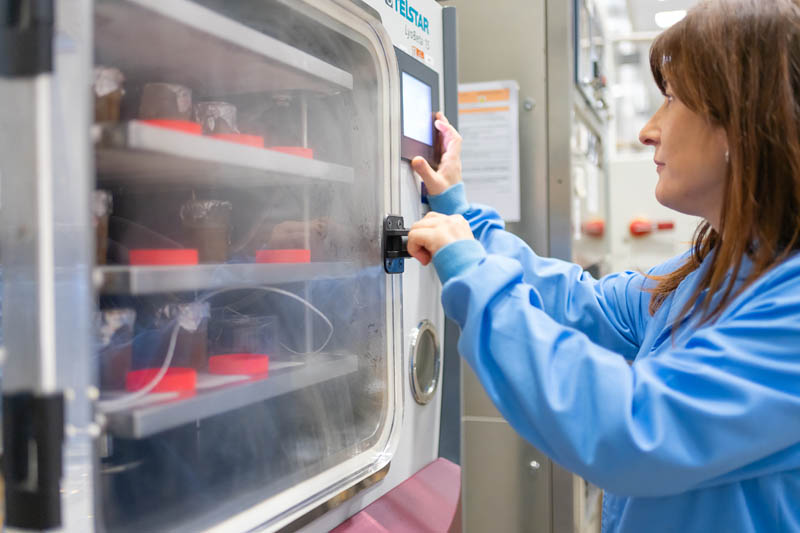
The answer lies in science, in innovation to offer options that are required in the long term. In the field of fisheries, AZTI is committed to integrating sustainable fishing and aquaculture practices that contribute to this food transformation. We are promoting the farming of nutritious species under controlled conditions to guarantee continuous and sustainable food production.
Others also in fisheries, where 50% of the world’s catch is wild caught and around 5.5 million tonnes of tuna are caught annually, traceability, efficiency, sustainability and value enhancement through communication become critical aspects. It is estimated that 20% of this fishing is illegal, with a predominant origin in Asia, significantly affecting companies that operate under other European regulations that are much more demanding and sustainable. Traceability and communication by fishing companies of these products is crucial for the consumer to understand not only the price difference between products but also to be able to choose between sustainable and unsustainable fishing practices and the working conditions of the people behind the suspiciously cheaper products.
In the field of biotechnology and alternative protein development, science and technology are finding solutions to produce more with less, developing more circular processes. This is still far from being a global solution, but it is crucial for tackling the challenge of reducing food waste and reintegrating it into the food chain, either as biofertilisers or as food for animals and humans.
In this sense, at AZTI we work on obtaining and evaluating alternative proteins for food intended for both animal (in the aquaculture and livestock sectors) and human consumption. Our approach includes the exploration of plant sources and by-products of the food chain that can replace conventional ingredients or that there could be more efficient alternatives. The Waseabi project has successfully implemented various technologies and processes to valorise liquid and solid by-products derived from fisheries and aquaculture. This effort has allowed not only the circularity of the process, but also the creation of new ingredients and protein products for human consumption. We are also exploring the use of biofertilisers made from protein fractions from the food value chain, with the aim of optimising the cultivation of raw materials.
In the face of this transformative and challenging landscape, the collective engagement and collaboration of all sectors is critical to ensure a resilient, sustainable and nutritious food future. At AZTI, we are dedicated to leading these efforts, working closely with partners to forge a brighter future for our planet and people. A sector that provides more value and values, let us not forget that our purpose is to contribute to the development of accessible and sustainable food, i.e. being sustainable means that all people can feed themselves and not at the cost of others or at the cost of consuming their resources.
